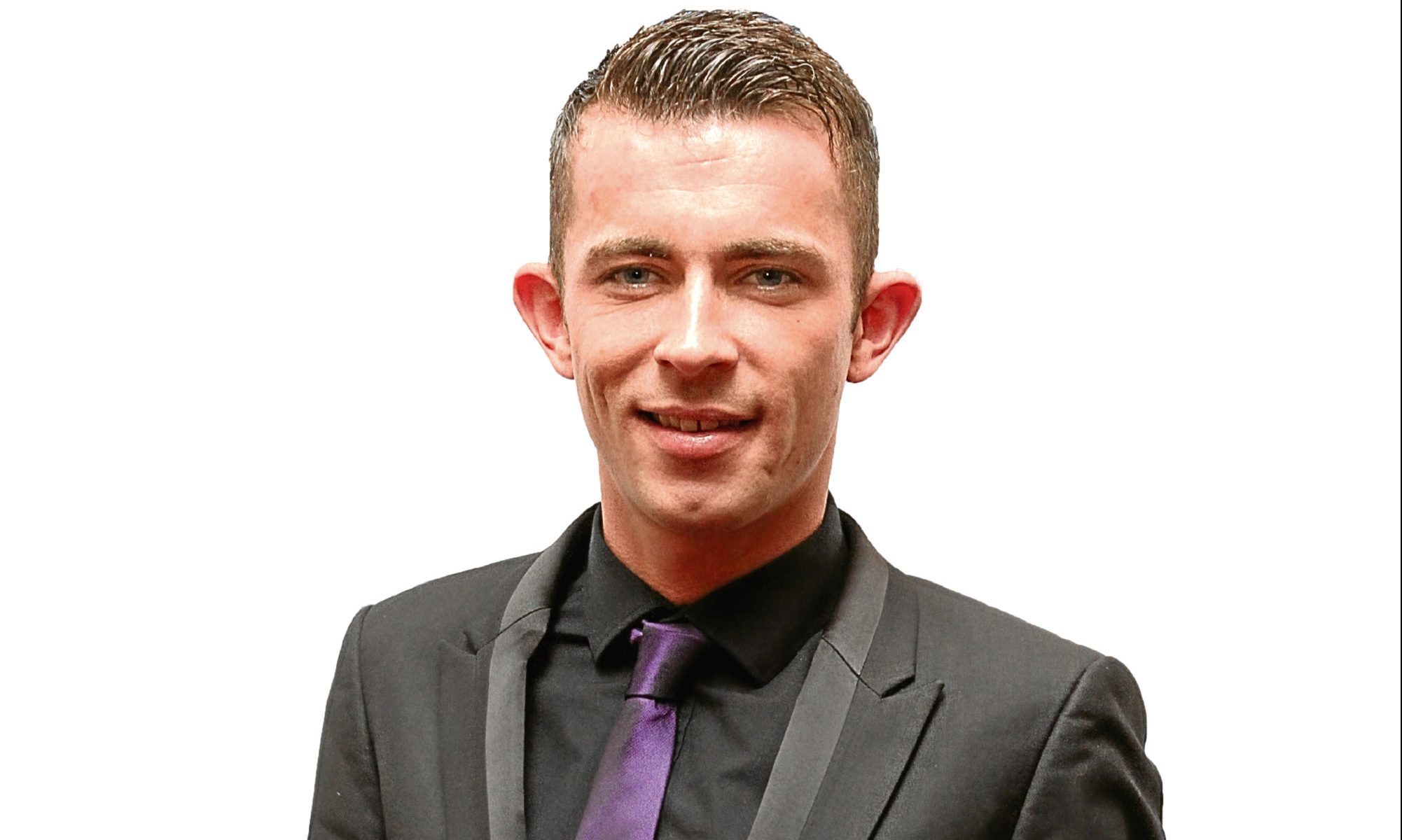
FOUR years have passed since Paul Brannigan was plucked from obscurity to be the star of hit Scottish film, The Angels’ Share.
His portrayal of Robbie, a young father serving a community payback order who hits upon a get-rich-quick scheme involving a rare whisky, landed the first-time actor a BAFTA Scotland award for his performance.
Since then he’s had a small role opposite Scarlett Johansson in Under The Skin, appeared in Sunshine On Leith and was Gareth O’Connor in River City.
He next stars in new film Scottish Mussel, released on DVD today following its premiere at the Edinburgh Film Festival in June 2015.
He plays Fraser, a more light-hearted role than his usual dramatic offerings, and Paul was glad of the change of pace.
“My character is one of life’s eccentrics,” he smiled. “He’s happy to go with the flow and it was good to play something softer.
“It’s a romantic comedy about three mates from Govan who head to the Highlands to make some money.
“They’re not bad boys and what they do is in good humour.”
The way they plan on making money is by going undercover at a conservation centre to make a fortune as illegal pearl fishers.
“But things get complicated when Fraser’s pal, Ritchie, falls for a conservationist who is passionate about saving endangered mussels from pearl thieves.
Playing Ritchie is Martin Compston, who got into the business the same way as Paul a few years earlier, when he, too, was picked from nowhere to star in Sweet Sixteen.
That movie and The Angels’ Share are both Ken Loach films and Paul and Martin have the director to thank for their careers.
They already knew each other well before they arrived on set and Paul says working with him was a great experience.
“Martin’s a top lad,” Paul continued. “He came through the school of Ken Loach the same as I did and I think our moral compasses are aligned the same way. We chat a lot.
“He takes everything very seriously and I’m always learning. It’s nice to work with someone you have chemistry with.”
Playing Martin’s prospective love interest is Talulah Riley, who also wrote and directed the film.
Talulah has starred in Pride & Prejudice and two St Trinian’s movies but is also famous for having twice married, and divorced, the billionaire business magnate Elon Musk.
“She asked us for advice about how the three guys would speak and how they would go about day-to-day life,” Paul said.
“She was always open to change, although she had her own ideas too.
“She’s a real eco-champion, just like my wee boy, who’s just turned eight. She’s focused and funny and there aren’t enough people like her around.
“We filmed in Glasgow and Dunoon, a beautiful part of the country, and it was just bundles of fun being involved.”
Talulah also enlisted three top comedians – Harry Enfield, Rufus Hound and Russell Kane – for small roles and Paul says they added to the enjoyment.
“They were top professionals and really funny guys in real life. When it’s a tough day they kept us going, although I could never tell when Harry was joking or being serious.”
Paul has two films coming out in the next six months that were also shot in Scotland – Edie and The Dark Mile – and also played an undercover cop in hit Irish drama, Love/Hate.
Not only that, but he continues to throw himself into community work, educating children and teenagers about life on the wrong side of the tracks.
Paul, who turned 30 last month, had a troubled upbringing in Glasgow’s East End before being given a chance as an actor.
“I’m doing a lot of work in schools at the moment,” he said.
“I try to do as much as I can but I like to keep my community work and charity work quiet.
“I don’t believe in shouting about these things from the rooftops.
“I feel I have a good balance in what I do and I’m enjoying life.”
Scottish Mussel, out on DVD on October 17
READ MORE
Filmmaker helps care home residents to make short films for creative ageing festival Luminate

Enjoy the convenience of having The Sunday Post delivered as a digital ePaper straight to your smartphone, tablet or computer.
Subscribe for only £5.49 a month and enjoy all the benefits of the printed paper as a digital replica.
Subscribe